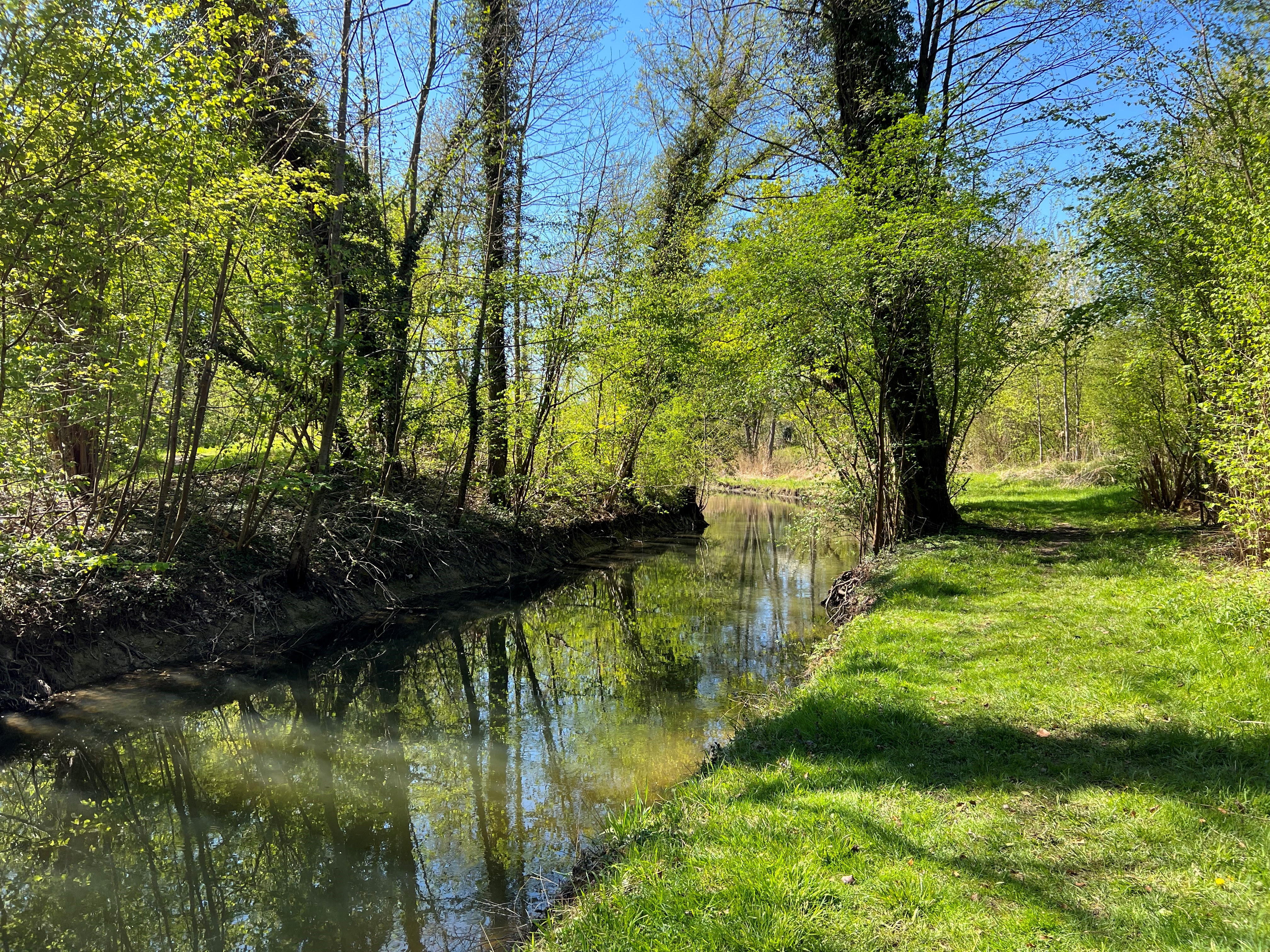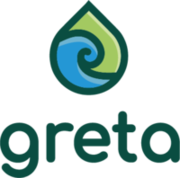
Groundwater Evolutions and resilience of Associated biodiversity – Upper Rhine (GRETA)
- Contact:
- Funding:
EU-Interreg Oberrhein
- Partner:
Bureau de recherches géologiques et minières (BRGM)
Université de Strasbourg / Laboratoire Image, Ville, Environnement (LIVE)
Landesanstalt für Umwelt Baden-Württemberg (LUBW)
Agence de l'eau Rhin-Meuse
Regierungspräsidium Karlsruhe
Landwirtschaftliche Technologiezentrum (LTZ) Augustenberg
Karlsruher Institut für Technologie (KIT) / Institut für Geographie und Geoökologie (IFGG)
Chambre régionale d'agriculture Grand Est (CRAGE)
Centre national de la recherche scientifique (CNRS) / Laboratoire Image, Ville, Environnement (LIVE)
Association pour la Protection de la Nappe Phréatique de la Plaine d'Alsace (APRONA)
Région Grand Est
- Startdate:
Sep. 2023
- Enddate:
Jun. 2027
Project Description:
The GRETA project examines the effects of climate change on the Upper Rhine aquifer, a crucial water resource with a volume of 65 to 80 billion cubic meters. This resource is vital for drinking water supply and biodiversity. The project employs innovative hydrodynamic modeling tools, particularly artificial intelligence (AI), to understand and predict the development of groundwater under various climate scenarios until 2100. The results will be used to identify specific threats to biodiversity and develop sustainable water management strategies. The LOGAR network (Cross-Border Organization for Groundwater Protection in the Rhine Area) supports the validation and adaptation of the models to local conditions.
Key Results
- Identification of trends and influencing factors in groundwater levels using piezometric data and AI-based clustering to categorize monitoring sites according to their dynamics and climatic as well as anthropogenic drivers.
- Creation of classical and machine learning models to simulate groundwater behavior, considering climatic factors and extreme scenarios.
- Conducting long-term simulations at selected piezometers using calibrated climate models, scenarios, and data on anthropogenic withdrawals.
- Investigation of interactions between groundwater, rivers, and water withdrawals using innovative methods for precise quantification.
These findings contribute to the sustainable management of the aquifer and the protection of ecosystems in the Upper Rhine region.
The project is funded by the Interreg Upper Rhine program and the Ministry of the Environment Baden-Württemberg through the Regional Council of Karlsruhe (Ref. 52).



